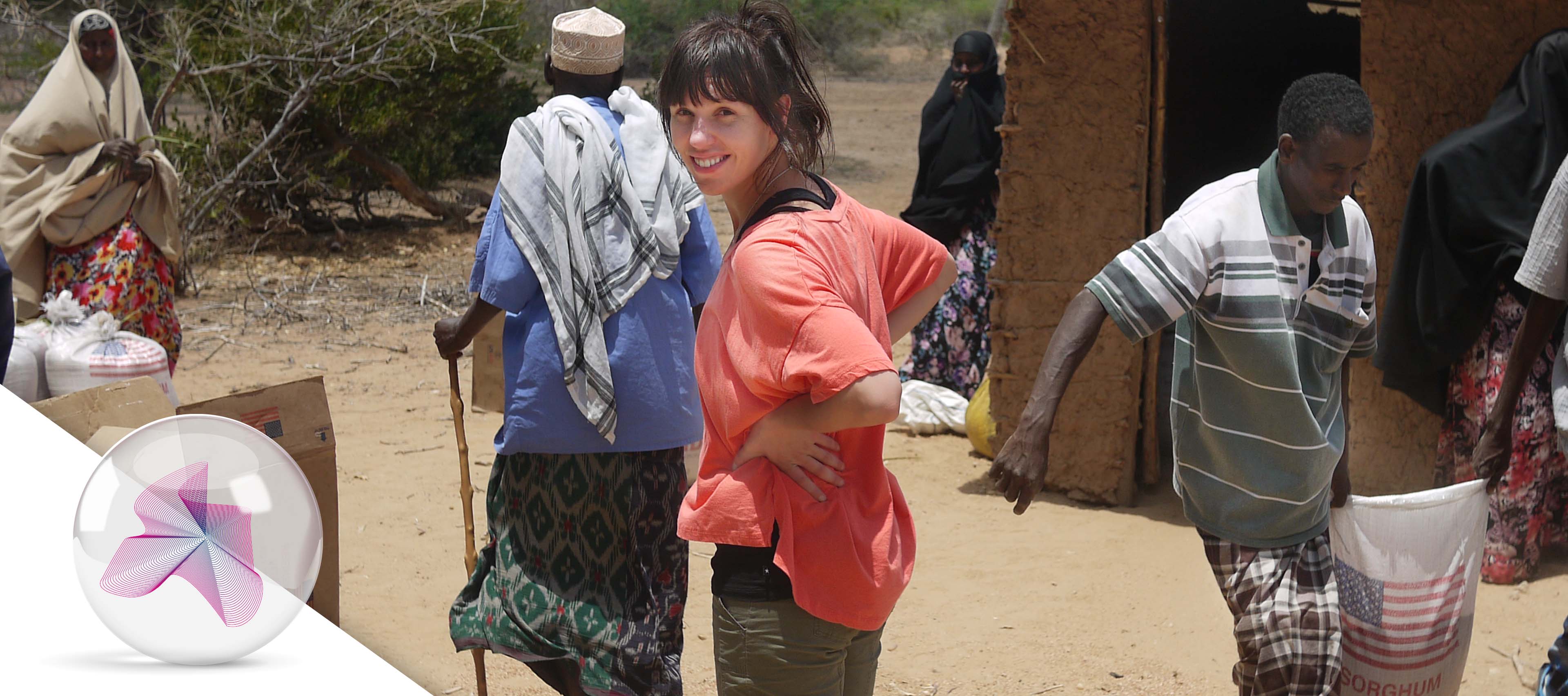How data can help us prepare for humanitarian crises
The COVID-19 pandemic has revealed the extent to which preparedness impacts how states handle crises. Professor Marie-Ève Rancourt is interested in finding out what data can tell us about improving emergency response to crises.

Marie-Ève Rancourt is an Associate Professor with HEC Montréal’s Department of Logistics and Operations Management and holds the Canada Research Chair in Humanitarian Supply Chain Analytics. Her doctoral studies were dedicated to optimizing the mathematical models used in freight and shipping networks. Recently, in collaboration with a team of researchers and students, she helped countries in the Caribbean, particularly vulnerable to natural disasters, establish action plans to aid with emergency preparation. A collaborative network of stakeholders, including the Caribbean Disaster Emergency Management Agency and the Red Cross, provided the big data collated for the project.
“Once a natural disaster has struck, it costs a lot more to purchase emergency equipment and necessities on the market than if you already have what you need sitting in a warehouse,” she explains.
Researchers face a significant challenge. They need to figure out how to calculate the necessary amount of supplies (tents, blankets, rations, hygiene kits) and in particular where to place their storage facilities. They have to be in a secure location, but not so remote that response teams have trouble quickly intervening in an emergency. That’s where data science comes in—helping set up the supply chain networks that can save lives in a crisis.
Data can also be used to cut through the thorny political issue of cost-sharing. The islands of the Caribbean are governed independently and don’t all have the same financial resources or risk profiles, which can make negotiations tricky. However, economic models can be generated to serve as a starting point for negotiations and to try and establish a fair distribution of costs for preparatory measures.
The team is always eager to build on existing research and embark on new projects. In collaboration with the Red Cross, the World Bank and the Emergency Supply Pre-Positioning Strategy group, Rancourt and her team will go where humanitarian work is needed. As she says, “Data science isn’t just about optimizing profit-making systems—it can be used to benefit all of humanity.”
[Video] Learn how humanitarian aid can benefit from data science (French only)
Announcement of the award of a Canada Research Chair to Marie-Ève Rancourt
